Groundbreaking New Scanner Sees 'Previously Undetectable' Cancer Spread
|
By MedImaging International staff writers Posted on 27 Feb 2025 |
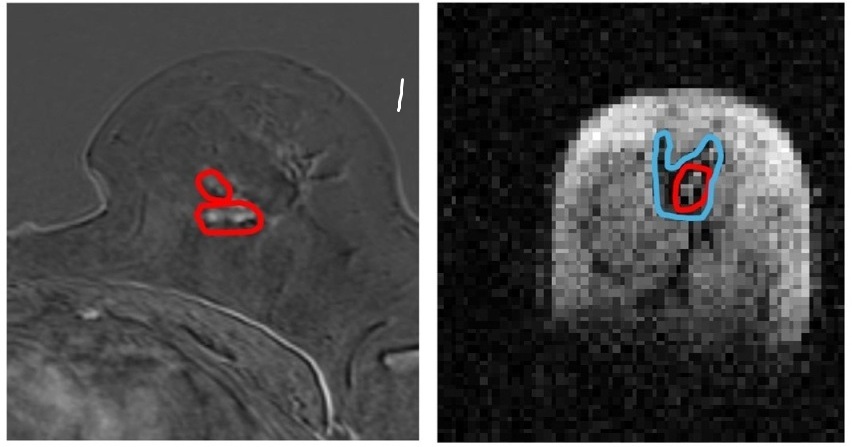
Currently, approximately 15% of women require a second surgery after a lumpectomy because the edges of the tumor may still contain cancerous cells. Medical imaging plays a crucial role in assisting physicians with the management, diagnosis, follow-up, screening, and therapeutic decision-making for breast cancer patients. Each imaging technique serves a specific purpose, but magnetic resonance imaging (MRI) is particularly beneficial due to its ability to penetrate tissues with radiofrequency (RF) waves without compromising the integrity of cells or biomolecules. This allows for non-invasive visualization of the entire organ. Now, a groundbreaking new MRI technology, Field-Cycling Imaging (FCI), could revolutionize the diagnosis and treatment of breast cancer, potentially reducing the need for repeat surgeries and providing more personalized treatment plans.
Scientists at the University of Aberdeen (Aberdeen, Scotland) utilized a prototype of the FCI scanner to analyze the breast tissue of patients recently diagnosed with cancer. Their study, published in Nature Communications Medicine, demonstrated that the FCI scanner was able to differentiate tumor tissue from healthy tissue with greater accuracy than current MRI methods. This innovation has the potential to significantly alter breast cancer treatment, reducing the need for multiple surgeries. The promising results with breast tissue follow earlier successes where the prototype effectively identified brain damage caused by a stroke.
The FCI scanner builds upon the legacy of the full-body MRI scanner, which was also developed at the University of Aberdeen about 50 years ago and has since saved millions of lives globally. While FCI is derived from MRI technology, it operates at ultra-low magnetic fields, allowing it to detect how diseases affect organs in ways that were previously not possible. Although it shares similarities with MRI—using strong magnetic fields and radio waves to generate detailed internal images without physical contact—the FCI scanner can adjust the magnetic field strength during a patient’s scan. This unique capability allows the FCI to function like multiple scanners, providing a range of information about tissue. Another major advantage of this technology is that it can detect tumors without the need for contrast dyes, which can sometimes cause kidney damage or allergic reactions in patients.
“We found that images generated from FCI can characterize breast tumors more accurately,” said Dr. Lionel Broche, Senior Research Fellow in Biomedical Physics and lead researcher in the study. “This means it could improve the treatment plan for the patients by improving the accuracy of biopsy procedures by better detecting the type and location of tumors, and by reducing repeated surgery so really, the potential impact of this on patients is extraordinary.”
Latest MRI News
- New MRI Technique Reveals Hidden Heart Issues
- Shorter MRI Exam Effectively Detects Cancer in Dense Breasts
- MRI to Replace Painful Spinal Tap for Faster MS Diagnosis
- MRI Scans Can Identify Cardiovascular Disease Ten Years in Advance
- Simple Brain Scan Diagnoses Parkinson's Disease Years Before It Becomes Untreatable
- Cutting-Edge MRI Technology to Revolutionize Diagnosis of Common Heart Problem
- New MRI Technique Reveals True Heart Age to Prevent Attacks and Strokes
- AI Tool Predicts Relapse of Pediatric Brain Cancer from Brain MRI Scans
- AI Tool Tracks Effectiveness of Multiple Sclerosis Treatments Using Brain MRI Scans
- Ultra-Powerful MRI Scans Enable Life-Changing Surgery in Treatment-Resistant Epileptic Patients
- AI-Powered MRI Technology Improves Parkinson’s Diagnoses
- Biparametric MRI Combined with AI Enhances Detection of Clinically Significant Prostate Cancer
- First-Of-Its-Kind AI-Driven Brain Imaging Platform to Better Guide Stroke Treatment Options
- New Model Improves Comparison of MRIs Taken at Different Institutions
- First-Of-Its-Kind Tool Analyzes MRI Scans to Measure Brain Aging
- AI-Enhanced MRI Images Make Cancerous Breast Tissue Glow
Channels
Radiography
view channel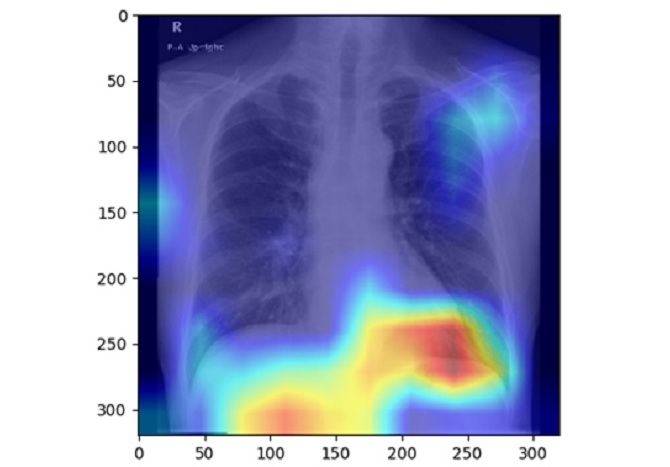
AI Detects Fatty Liver Disease from Chest X-Rays
Fatty liver disease, which results from excess fat accumulation in the liver, is believed to impact approximately one in four individuals globally. If not addressed in time, it can progress to severe conditions... Read more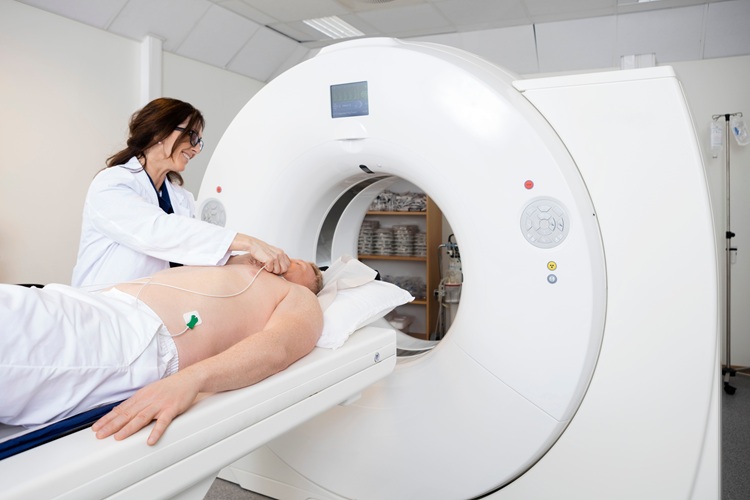
AI Detects Hidden Heart Disease in Existing CT Chest Scans
Coronary artery calcium (CAC) is a major indicator of cardiovascular risk, but its assessment typically requires a specialized “gated” CT scan that synchronizes with the heartbeat. In contrast, most chest... Read moreUltrasound
view channel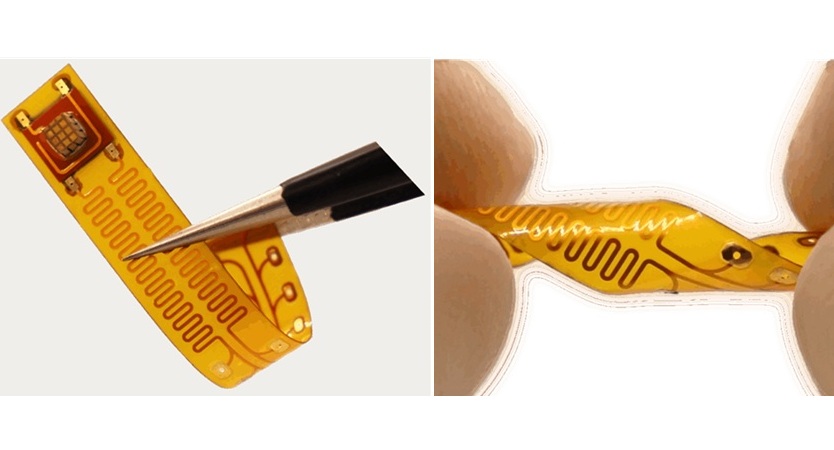
Wireless Chronic Pain Management Device to Reduce Need for Painkillers and Surgery
Chronic pain affects millions of people globally, often leading to long-term disability and dependence on opioid medications, which carry significant risks of side effects and addiction.... Read more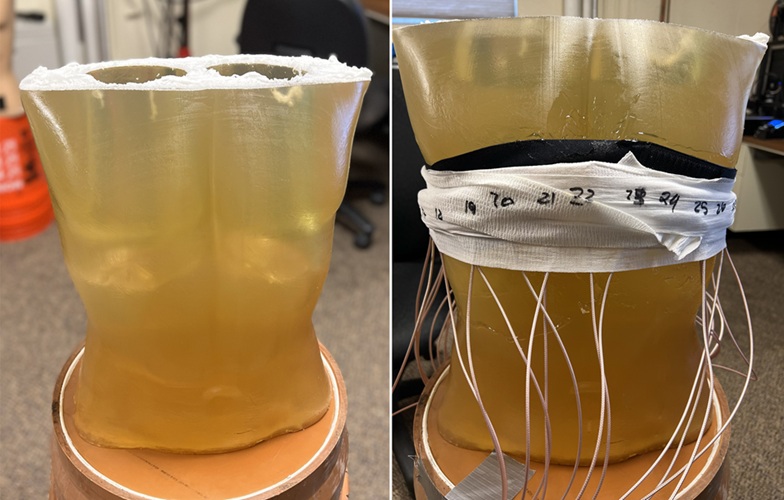
New Medical Ultrasound Imaging Technique Enables ICU Bedside Monitoring
Ultrasound computed tomography (USCT) presents a safer alternative to imaging techniques like X-ray computed tomography (commonly known as CT or “CAT” scans) because it does not produce ionizing radiation.... Read moreNuclear Medicine
view channel
Novel Bacteria-Specific PET Imaging Approach Detects Hard-To-Diagnose Lung Infections
Mycobacteroides abscessus is a rapidly growing mycobacteria that primarily affects immunocompromised patients and those with underlying lung diseases, such as cystic fibrosis or chronic obstructive pulmonary... Read more
New Imaging Approach Could Reduce Need for Biopsies to Monitor Prostate Cancer
Prostate cancer is the second leading cause of cancer-related death among men in the United States. However, the majority of older men diagnosed with prostate cancer have slow-growing, low-risk forms of... Read moreGeneral/Advanced Imaging
view channel
CT Colonography Beats Stool DNA Testing for Colon Cancer Screening
As colorectal cancer remains the second leading cause of cancer-related deaths worldwide, early detection through screening is vital to reduce advanced-stage treatments and associated costs.... Read more
First-Of-Its-Kind Wearable Device Offers Revolutionary Alternative to CT Scans
Currently, patients with conditions such as heart failure, pneumonia, or respiratory distress often require multiple imaging procedures that are intermittent, disruptive, and involve high levels of radiation.... Read more
AI-Based CT Scan Analysis Predicts Early-Stage Kidney Damage Due to Cancer Treatments
Radioligand therapy, a form of targeted nuclear medicine, has recently gained attention for its potential in treating specific types of tumors. However, one of the potential side effects of this therapy... Read moreImaging IT
view channel
New Google Cloud Medical Imaging Suite Makes Imaging Healthcare Data More Accessible
Medical imaging is a critical tool used to diagnose patients, and there are billions of medical images scanned globally each year. Imaging data accounts for about 90% of all healthcare data1 and, until... Read more
Global AI in Medical Diagnostics Market to Be Driven by Demand for Image Recognition in Radiology
The global artificial intelligence (AI) in medical diagnostics market is expanding with early disease detection being one of its key applications and image recognition becoming a compelling consumer proposition... Read moreIndustry News
view channel
GE HealthCare and NVIDIA Collaboration to Reimagine Diagnostic Imaging
GE HealthCare (Chicago, IL, USA) has entered into a collaboration with NVIDIA (Santa Clara, CA, USA), expanding the existing relationship between the two companies to focus on pioneering innovation in... Read more
Patient-Specific 3D-Printed Phantoms Transform CT Imaging
New research has highlighted how anatomically precise, patient-specific 3D-printed phantoms are proving to be scalable, cost-effective, and efficient tools in the development of new CT scan algorithms... Read more
Siemens and Sectra Collaborate on Enhancing Radiology Workflows
Siemens Healthineers (Forchheim, Germany) and Sectra (Linköping, Sweden) have entered into a collaboration aimed at enhancing radiologists' diagnostic capabilities and, in turn, improving patient care... Read more












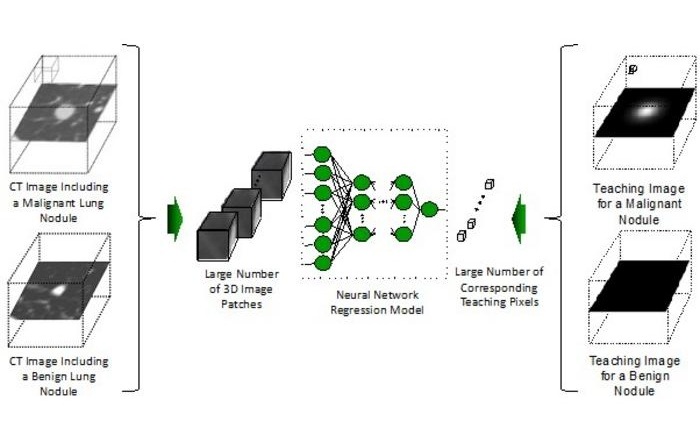
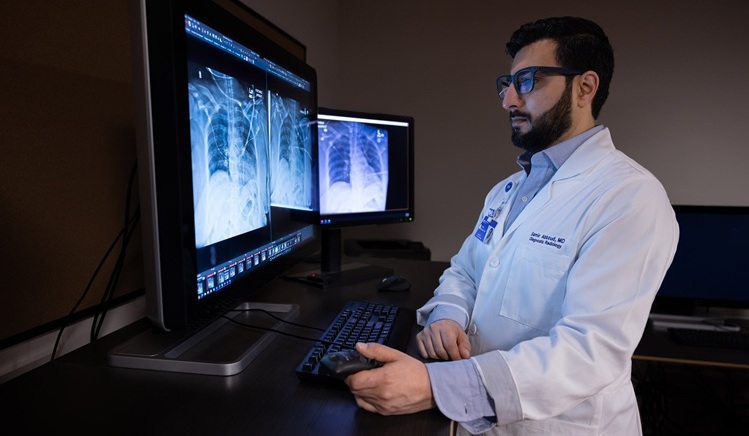

.jpeg)




